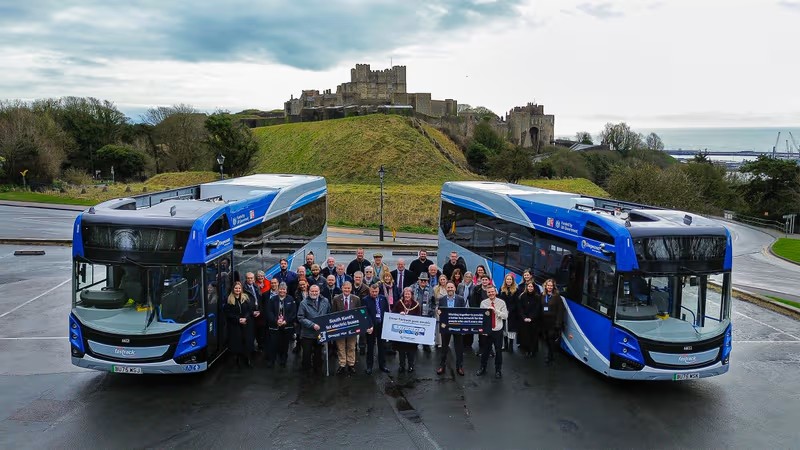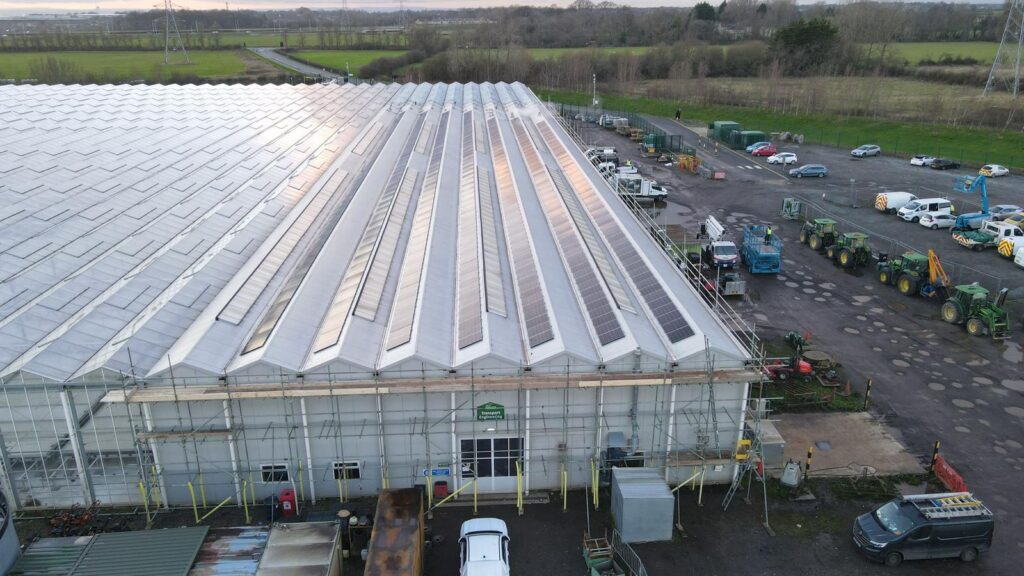Hailed as ‘a new era in devolution’, the partnership stretches from Merseyside to Teesside, with a focus on clean energy, cyber assets and security, and the creative industries.
Regional mayors of Greater Manchester, Liverpool City Region, West Yorkshire, North East, North Yorkshire, South Yorkshire, Hull and East Yorkshire, and Tees Valley have announced a new economic alliance. Dubbed The Great North, efforts will focus on increasing job opportunities in emerging sectors and established industries for well over 15 million people.
Opportunities already identified include the creation of an ‘energy coast’, with major investment in renewables for eastern areas already responsible for delivering much of England’s low carbon power – now 50% of the total grid supply. A ‘northern security corridor’ will stretch from Cumbria and the North East to Lancashire, where industry will be overhauled to bring new engineering and cyber jobs – including data storage, security and AI.
Efforts to modernise railways will also expand and feature a new Manchester-Liverpool line to help with speed and capacity between two of northern England’s biggest cities – home to a combined 4 million residents. Work is already underway to improve the Transpennine Route running between York and Manchester via Leeds and Huddersfield.
However, this infrastructure project lays bare the stark differences in historic investment across England. The final stages of work are due to complete in the early-2030s. A significant aspect of that involves full electrification on a route which pre-Covid carried well over 50 million people annually.
Serving three of the UK’s largest conurbations, the line runs through the second biggest Built-Up Area after London, Greater Manchester, and serves a multiple regions with a combined national economic contribution that far outweighs anywhere outside the South East. Electrification of the country’s railways as a whole began in the late-1800s.
‘The need for the North of England to speak with a strong, collective voice has never been greater. Devolution is enabling us to deliver better public services and better value for money for taxpayers,’ said Greater Manchester Mayor Andy Burnham.
‘But the feeling here is one of potential still waiting to be unlocked. The Great North is our opportunity to come together, as Mayors and as regions, to champion our strengths and put forward our proposition – to the Government, the country and the rest of the world,’ he added.
According to policy focused non-profit CEPR, as of 2023 there was a greater income gap between London and the South East and the rest of the UK than between East and West Germany. Northern areas performed particularly poorly, with low household income and living standards contributing to lower life expectancy.
Rapid deindustrialisation during the 1980s has been cited as a key cause, with many communities left behind as job losses were never recovered. Research from Sheffield Hallam University has found that by 2005 there were still 90,000 former positions within the mining sector alone that had never been replaced following widespread collapse – and forced closure – two decades earlier.
In Liverpool, where dockworkers suffered a similar fate at the hands of Prime Minister Margaret Thatcher’s efforts to modernise Britain’s ailing economy, doubling down on finance and services, civil unrest led to proposals for a policy of ‘managed decline’ for the city. While this was never an official stance, the level of Government investment into infrastructure and public services reflected this.
‘Devolution has given us the freedom to move beyond the outdated ‘Whitehall knows best’ mentality which, for too long, held our communities back,’ said Steve Rotherham, Liverpool City Region Mayor. ‘By working together, Northern Mayors are showing that devolution isn’t just about shifting powers from Westminster – it’s about reshaping our future on our own terms.’
Image: Atanas Paskalev / Unsplash
More on digital business:
Public sector digital transformation is too much, too soon, too disconnected
London’s loss: Manchester wins in major public sector relocation



















Leave a Reply